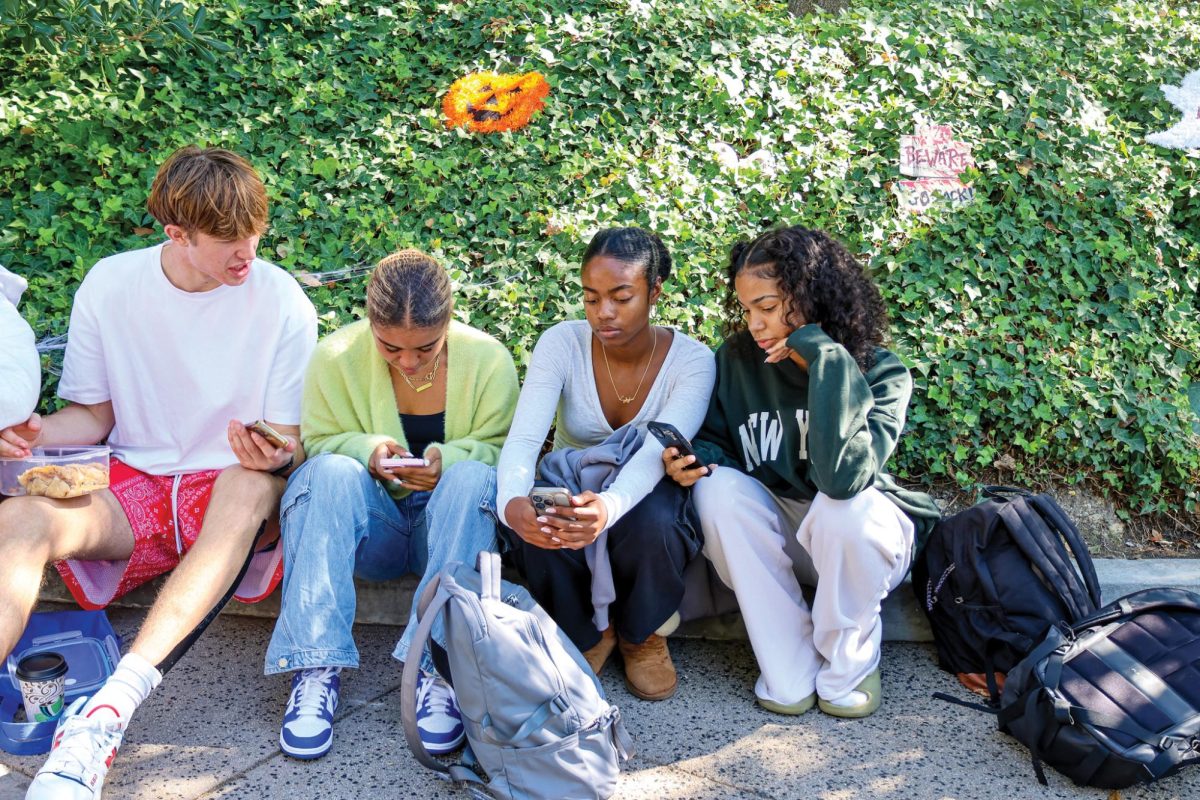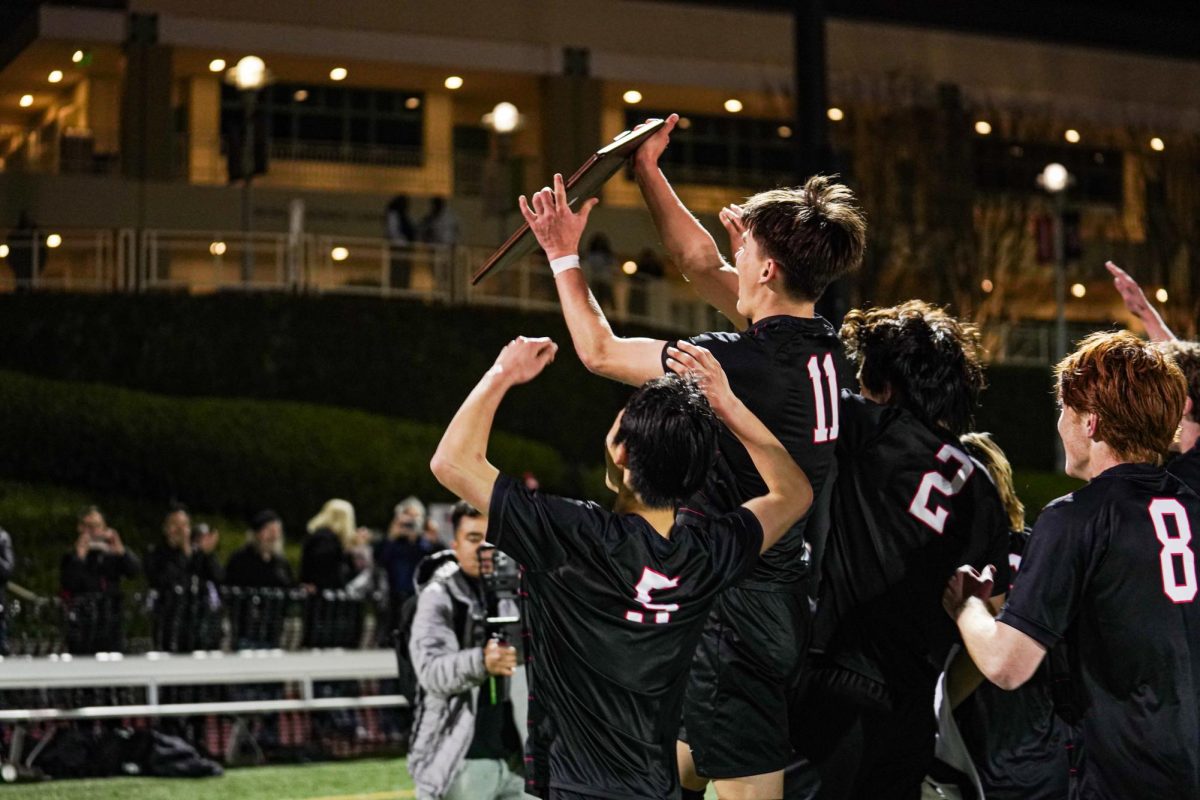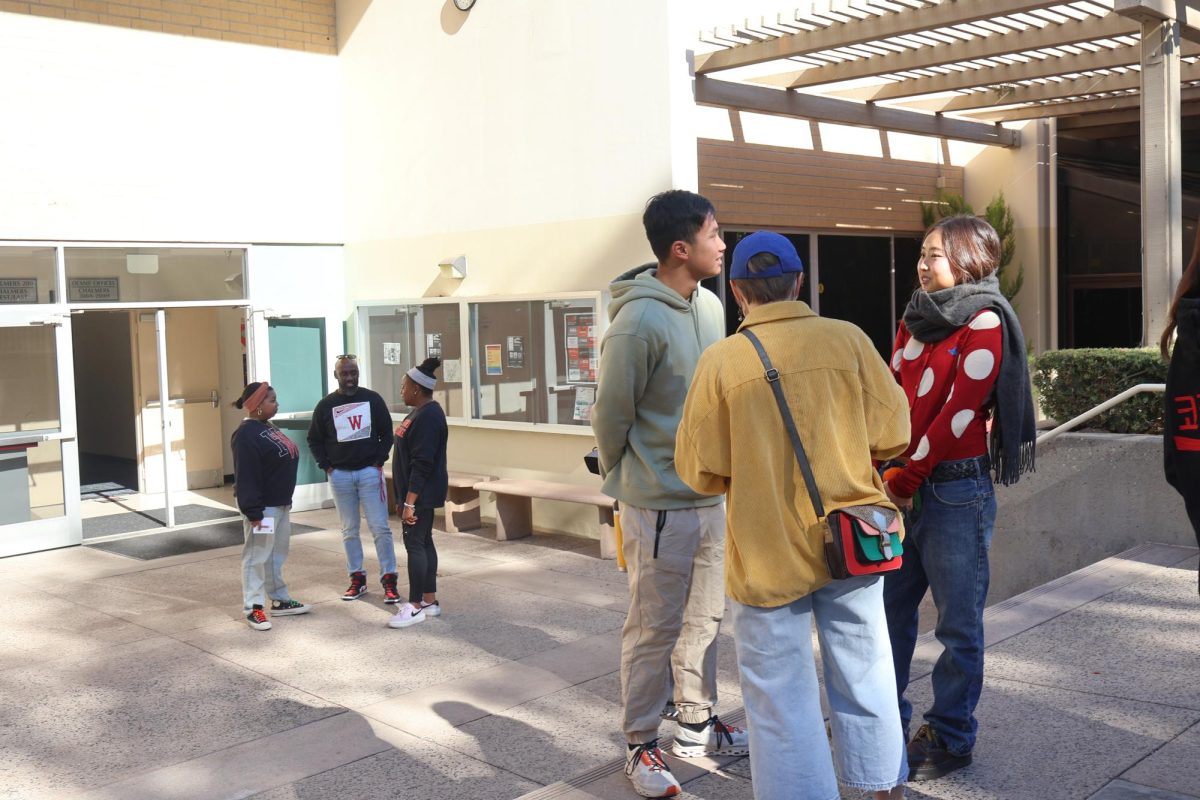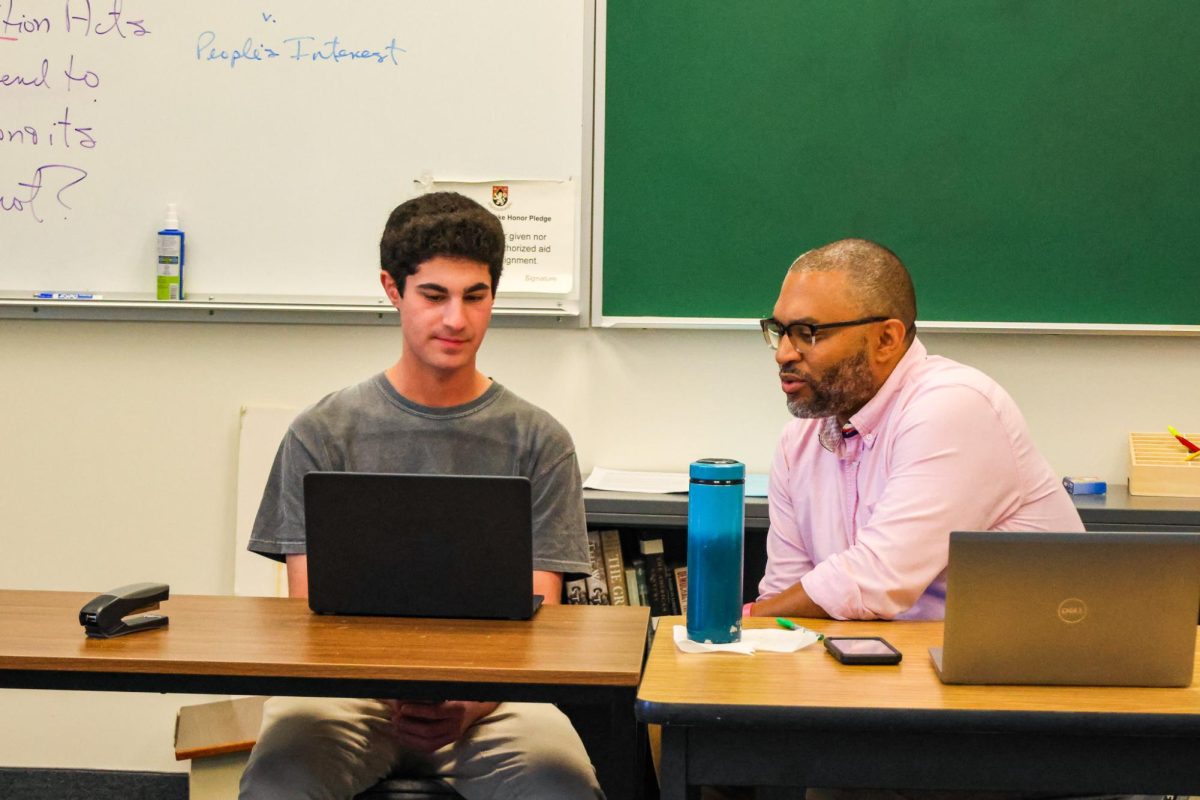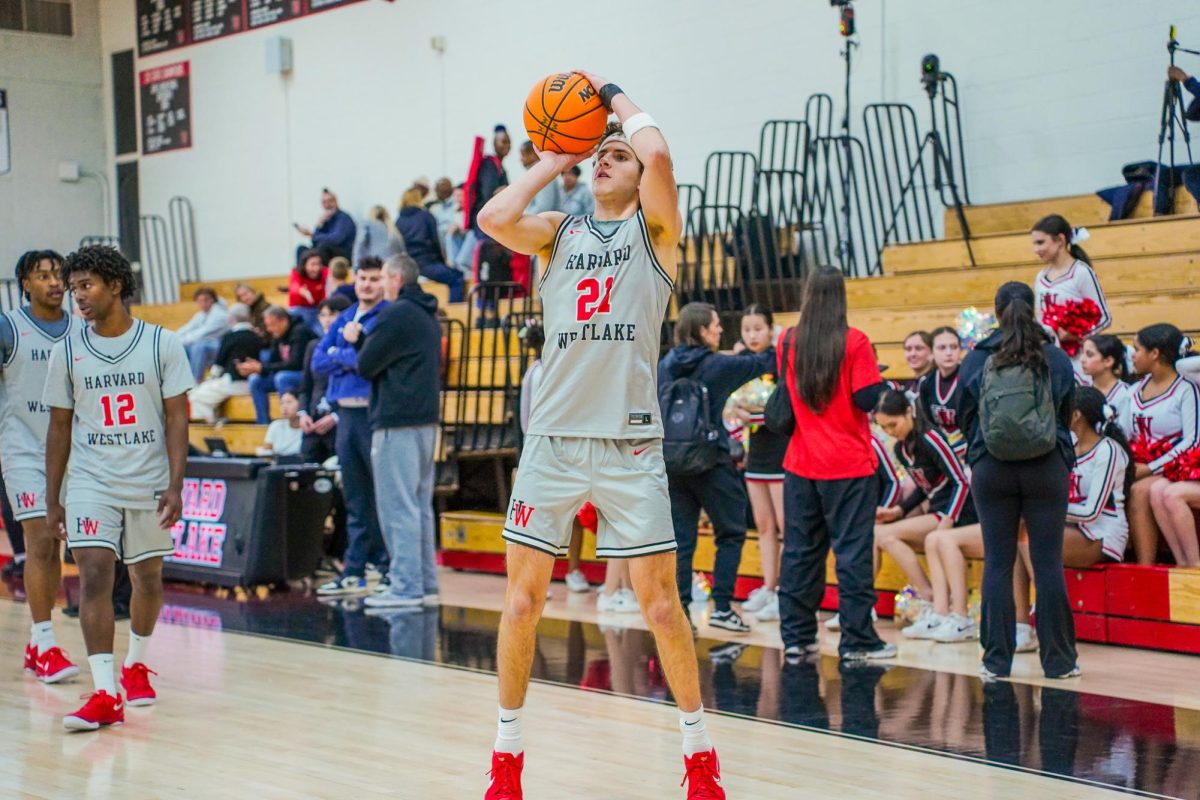Phones will be banned during the school day on campus next school year, the school announced. Students will be unable to use phones throughout the school day— a policy first enacted by the Middle School — in an attempt to encourage connection and minimize distractions, Head of Upper School Beth Slattery said in an email.
Slattery said she has observed a loss of social interaction and a growing reliance on phones, with several students increasingly turning to their parents for help.
“I see plenty of people talking to one another, but I also see plenty of times when people are sitting at a lunch table, all of them on their phones,” Slattery said. “We’re losing interaction. I’m also worried that we’re making kids less resilient because they can have an immediate response to their distress, and they never are allowed to sit in discomfort.”
The phone policy was first proposed by Head of Communications and Strategic Initiatives Ari Engelberg ’89 to the administration. After the administration agreed, the school joined the Coalition to Limit Access to Smartphones and Social Media (CLASS) in cooperation with a group of other independent schools across Los Angeles dedicated to discouraging phone use among adolescents.
Engelberg said he and the school decided to collaborate with other institutions because they were also working to curb phone usage among students.
“All of the research around limiting cell phone and social media usage suggests that a collective effort is most effective,” Engelberg said. “We knew that working with our peer schools made sense. When I checked in with colleagues at those schools, it turns out they were also thinking about ways to limit phone usage on campus. It was pretty natural to call them all together and develop a framework for a joint statement and working group.”
Zoe Vourgourakis ’26 said she believes the phone ban will lead to an increase in usage and further isolate students.
“As we know, restricting things will only make them more desirable, and therefore more likely to be abused,” Vourgourakis said. “We had a similar policy prohibiting the use of phones at the Middle School, which caused kids to become even more isolated from others due to the prospect of being caught on their phones by teachers in popular areas. If socialization is what the school wants to promote, why not allow students more opportunity for socializing instead of taking away a useful tool for it?”
Upper School Counselor Brittany Bronson said the counseling team is open to supporting students who have heavily relied on their phones as an emotional outlet.
“The hope is that soon students will realize that not having their phones during the day will not be as impactful as they envisioned,” Bronson said. “But of course, there are the challenges of students trying to find their way around these new rules and have their phones somehow. The entire counseling team is here to support the student body.”
Sophia Wong ’27, who was subject to the Middle School phone policy last year, said she supports the policy based on her experiences without a phone at school.
“The phone policy is a step in the right direction and I’m glad that the school, and many other schools, are taking action,” Wong said. “Coming from the Middle School, where phones were banned the whole day, I saw a drastic shift in how we interact with each other during our free time and how much more isolating the culture here is. [The phone ban] will definitely shift us away from this culturally imbedded habit of being so reliant on our phones and foster greater connection among students, even if this is subconscious or not immediately noticeable at first.”
Engelberg said although resistance toward the policy is understandable, the research shows the policy will yield significant benefits over time.
“Of course any major policy change is going to be met with fair questions, and there are still a number of outstanding questions even now about how a restriction on cell phone usage will work at the Upper School,” Engelberg said. “But, the research about the toxic effects of overuse of cell phones and the distraction they create on school campuses is compelling, so there weren’t a lot of principled challenges to the idea. I’m sure there will be a few bumps on the road when the policy goes into effect, but with a little patience, understanding and a willingness to adapt, we’ll get them smoothed out.”
Instead of asking students to come to school without their phones, the school is considering providing students with pouches to store their phones during the school day, Slattery said. These pouches would limit phone usage during the day but still allow students to carry them on their person in case they need to be accessed during an emergency, such as contacting a parent or therapist. Slattery said although the exact logistics of the policy are still being finalized, some measures have been proposed to balance student freedom with reasonable restrictions.
“We give you guys a lot of independence,” Slattery said. “I don’t think teachers want to start getting into the habit of monitoring the lunch area and constantly taking phones from people. I’d love to actually get to a place where you could have them and use them responsibly.”





























